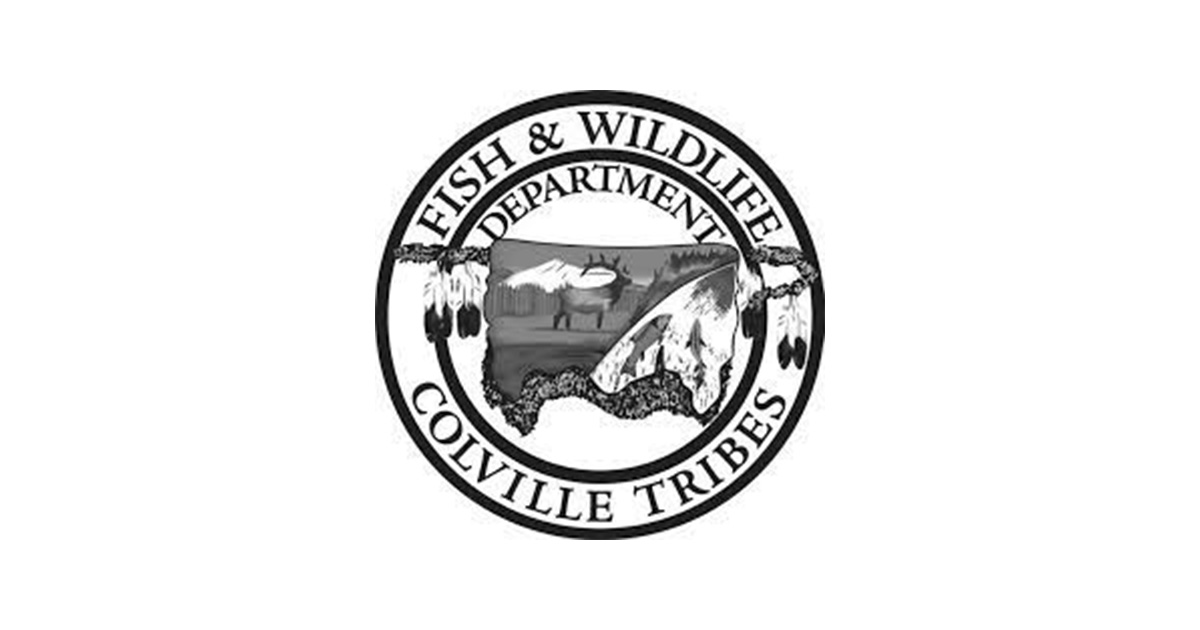The Biologist II/Senior is the second level in a professional career path for assisting with research, assessments, and preservation oversight of fish, wildlife, and natural habitats.
The Biologist II requires three years (or a master’s degree) as a Biologist I, expanded knowledge of testing and assay standards, ability to analyze data using statistical inferences and research literature prepared by others to organize studies, and the ability to independently work with other agencies and private landowners.
The Biologist Senior requires five years as a Biologist II and a superior knowledge of testing and assay standards, ability to analyze data using statistical inferences and research literature prepared by others to organize studies, and the ability to independently work with other agencies and private landowners.
Minimum Qualifications
Education and Training:
For Biologist II
- A Bachelor’s degree from a regionally accredited college or university in fisheries, natural resources science, environmental science or related field, and 36 months experience at the Biologist I or equivalent level related to fish management, fish research, habitat management, or habitat research, or
- A Master’s Degree from a regionally accredited college or university in fisheries, natural resources science, environmental science or related field may be substituted for 12 months of required experience.
For Biologist Senior
- A Bachelor’s degree from a regionally accredited college or university in fisheries, natural resources science, environmental science or related field, and 60 months of qualifying professional experience as a lead scientist in fisheries management, fisheries research or hatchery effectiveness monitoring and evaluation programs, OR
- A Master’s Degree from a regionally accredited college or university in fisheries, natural resources science, environmental science or related field and 36 months of qualifying professional experience as a lead scientist in fisheries management, fisheries research or hatchery effectiveness monitoring and evaluation programs.
For Both Biologist II and Biologist Senior
- Must submit all applicable college transcripts
- Must be in good physical condition to be able to work and hike in inclement weather conditions and over variable and rugged terrain
- Must be able to work safely in waist-deep, cold and moving water for extended periods of time, to include standing in cold water while working on rocking boat decks, repeatedly transporting 50 lbs. of sampling gear on inclined gangways, steep slopes and docks while working in rivers and streams with nets, ropes and sampling equipment
- Must be able to work a variable schedule, including extended hours, nights, early mornings, holidays, and weekends as the work dictates
- Must possess and maintain a valid Washington State Driver’s License and be eligible for the Tribes’ vehicle insurance
- Must possess, or obtain, and maintain a valid Washington State Boaters Education certification
- Must be able to swim
- Must successfully clear a criminal background check and maintain throughout employment
- This position has been identified as ‘Safety Sensitive’ position. Pursuant to CCT policies, this position is subject to random drug testing, post-accident and reasonable suspicion drug testing
- Must be able to work independently and as a team member in a pleasant, efficient, and consistent manner.
- Must be able to work effectively in a multi-cultural environment.
Knowledge, Skills, and Abilities:
- Knowledge of salmonid species identification
- Familiarity with biological research and salmonid management
- Knowledge of fish and habitat relationships
- Knowledge and experience in biological research methods including data collection, interpretation and presentation, population and habitat measurement techniques and experimental design
- Knowledge of juvenile emigration monitoring techniques, including rotary screw traps
- Knowledge of adult salmonid spawning ground and carcass survey methodologies
- Ability to operate GPS and other electronic laboratory and field equipment
- Strong working knowledge of MS Word, Excel and Power Point
- High aptitude in using math, descriptive statistics, and scientific terminology and techniques associated with monitoring and evaluation
- Ability to effectively communicate both orally and in writing including producing timely, thorough and accurate annual reports
- Ability to communicate effectively, both written and orally, with diverse audiences including scientists, policy makers, Tribal members and the public
- Familiarity with SQL server databases, including data upload, queries and reports
- Ability to work in inclement weather
- Ability to work a varied schedule
- Ability to follow directions
- Ability to operate vehicles, trailers and use standard field equipment and power tools.





